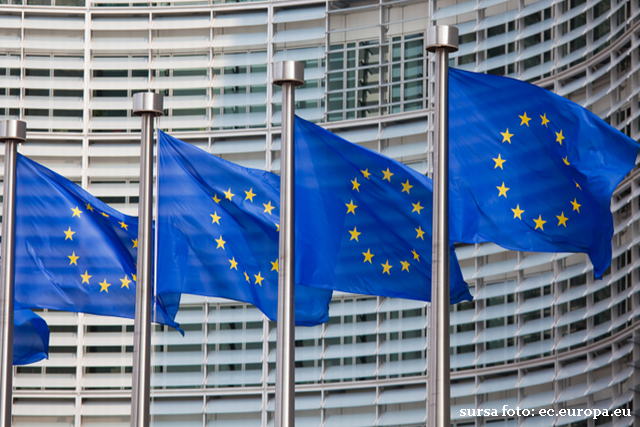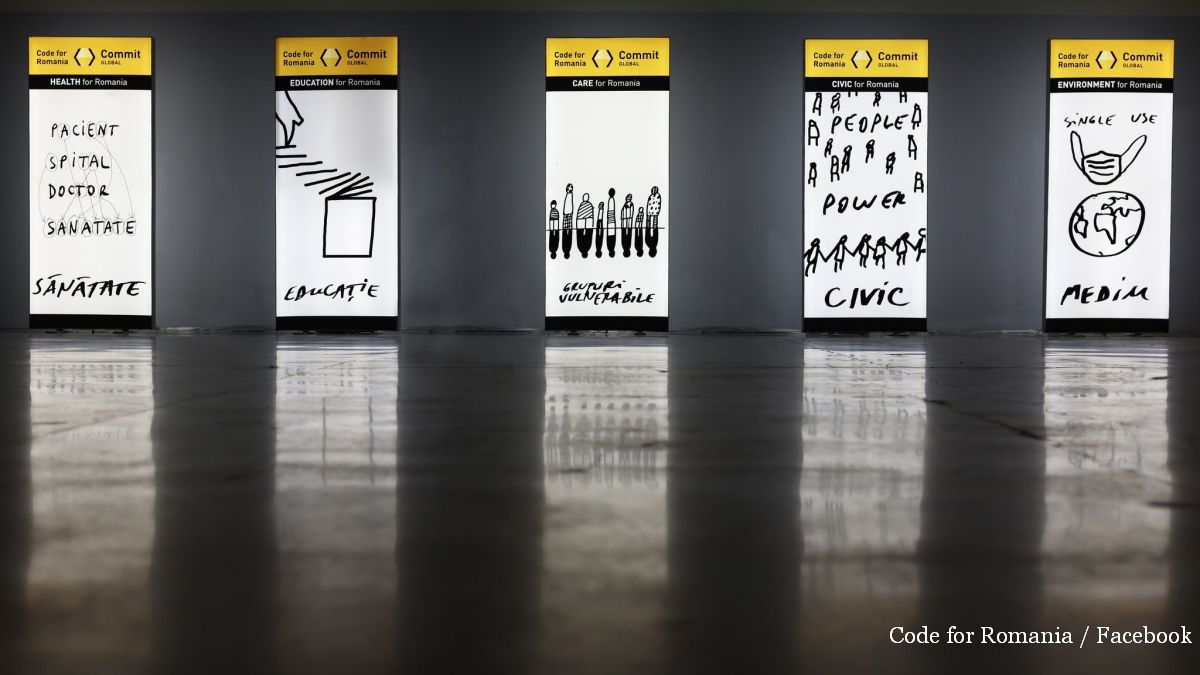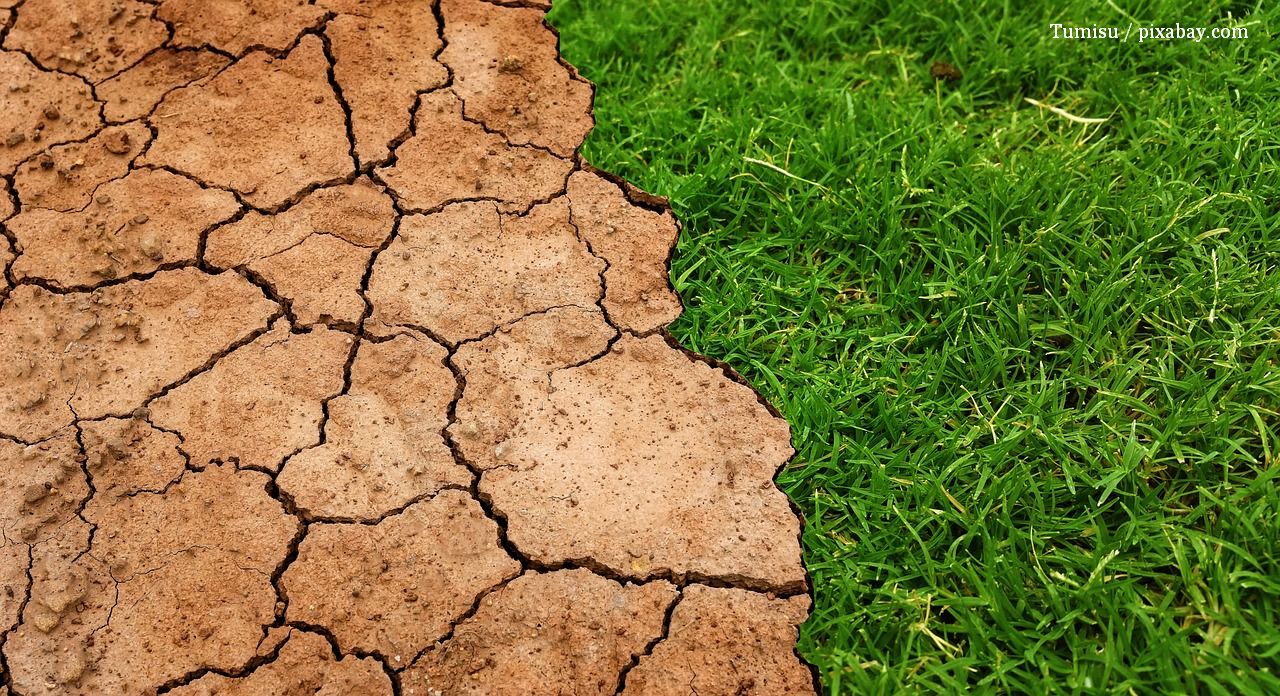Environment Policies in the EU
The European Commission has introduced a new mechanism for monitoring the application of EU environmental laws, known as the Environmental Implementation Review.

Corina Cristea, 10.02.2017, 14:29
The mechanism marks the beginning of a new process, by means of which the Commission and member states will look at the causes that generated shortcomings when it comes to observing environmental law, before the issues become really serious. According to EU Commissioner for Business, Maritime Affairs and Fishing, Karmenu Vella, the European Commission has designed the new mechanism as an instrument for member states.
Karmenu Vella: “Patchy and uneven implementation of environmental rules helps no one. Studies have shown that if we apply these laws properly, we could save the European Union some 50 billion euros per year. Waste policy alone could create an additional 400 thousand jobs by the year 2020. And water legislation would bring annual benefits slightly under 3 billion euros. EU citizens really want this environmental legislation. This is a fact, because three out of four people believe that the European Union laws are needed to protect their environment. And four out of five agree that the European Union institutions should be able to check if the laws are being applied correctly. This is where the Environmental Implementation Review — the EIR, comes in. The European Commission is committed to helping member states make certain that the quality of their citizens air, water and waste management is of the highest standard. This Review provides the information, the tools and the timetable to do this”.
The timetable will comprise deadlines for each member state to implement the recommendations. The Commission’s measure package includes the 28 country-specific reports identifying strengths, opportunities and weaknesses at national level as well as the political conclusions of these reports. In addition, the measures look at common trends to ensure the quality of air and water, the management of waste, circular economy, environment protection and biodiversity as well as country-specific recommendations. Against the backdrop of these measures the Commission has warned that waste prevention remains a challenge for all member states.
Despite local achievements in terms of protecting the environment and biodiversity, European lawmakers have called for intensifying the timetable for implementing EU environment law. More specifically, the “Birds and Habitats” Directive needs immediate enforcement, the Commission has warned, to prevent the decline of biodiversity at EU level, thus compromising the capacity of ecosystems to respond to the needs of the population in the future. In 23 out of 28 member countries, air quality standards are being breached. This is true of 130 European cities. Additionally, environmental noise needs to be suppressed and addressed as the second-worst environmental cause of health issues. Regarding the collection and treatment of urban wastewater, the European Union has taken legal action against 13 members. With the launch of the Environmental Implementation Review, debates will be held in each member state, with the introduction of capacity-building tools allowing member states to exchange expertise.
Additionally, political debates will be held at the level of the Environment Council. In order to protect the environment, Brussels is actually using all means available. One such example is the series of agreements on climate change. This is the first success obtained in negotiations conducted under the UN aegis in the 21 century, university professor Mircea Duţu recalls.
It has a universal scope, he added, and what is unprecedented is the fact that civil society is committed and mobilized alongside member states with a view to fulfilling the set targets, namely limiting rising global temperatures to 2 degrees C in relation to pre-industrial levels and to 1.5 degrees C, if possible. Also they envisage ensuring the neutralization of green house gas emissions as of 2050, while setting voluntary national contributions that should be revised every 5 years. What is the situation in Romania? Mircea Duţu explains:
Mircea Dutu: “We do not have problems related to assuming and fulfilling the commitments made in terms of reducing green house gas emissions, we have exceeded the standards and targets set in relation to the share of renewable energy per total energy consumption, we have the capacity to ensure the fulfilment of European targets and we can set an example both within the EU and in a larger international context.”
But this real situation has to be backed by political will, Mircea Duţu added.






























